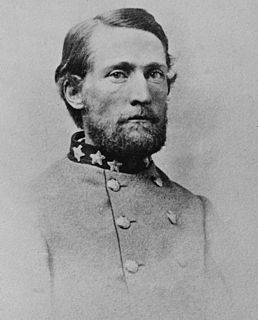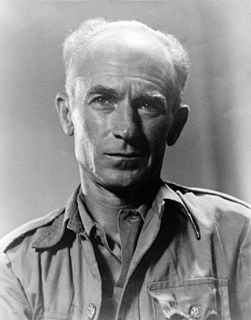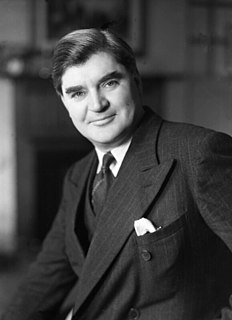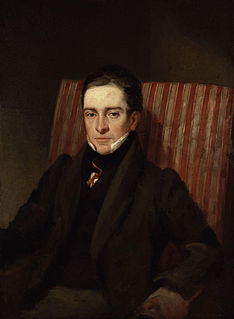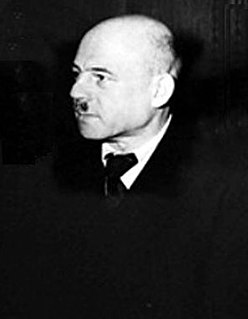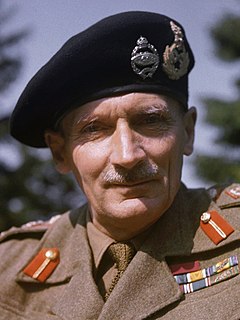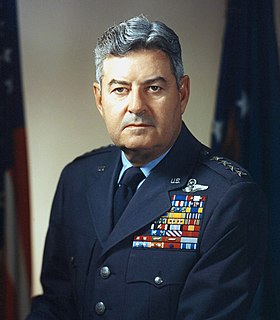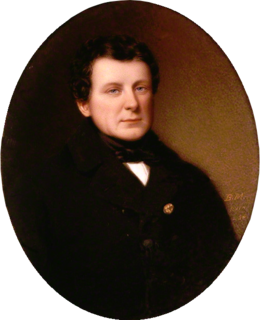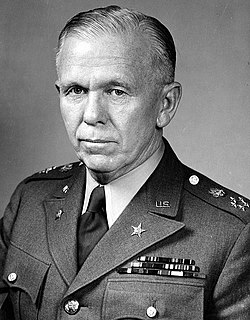A Quote by John S. Mosby
War loses a great deal of its romance after a soldier has seen his first battle.
Related Quotes
War loses a great deal of its romance after a soldier has seen his first battle. I have a more vivid recollection of the first that the last one I was in. It is a classical maxim that it is sweet and becoming to die for one's country; but whoever has seen the horrors of a battlefield feels that it is far sweeter to live for it.
The one who confidently looks forward to an eternal reward for his efforts in mortality is constantly sustained through his deepest trials. When he is disappointed in love, he does not commit suicide. When loved ones die, he doesn’t despair; when he loses a coveted contest, he doesn’t falter; when war and destruction dissipate his future, he doesn’t sink into a depression. He lives above his world and never loses sight of the goal of his salvation.
